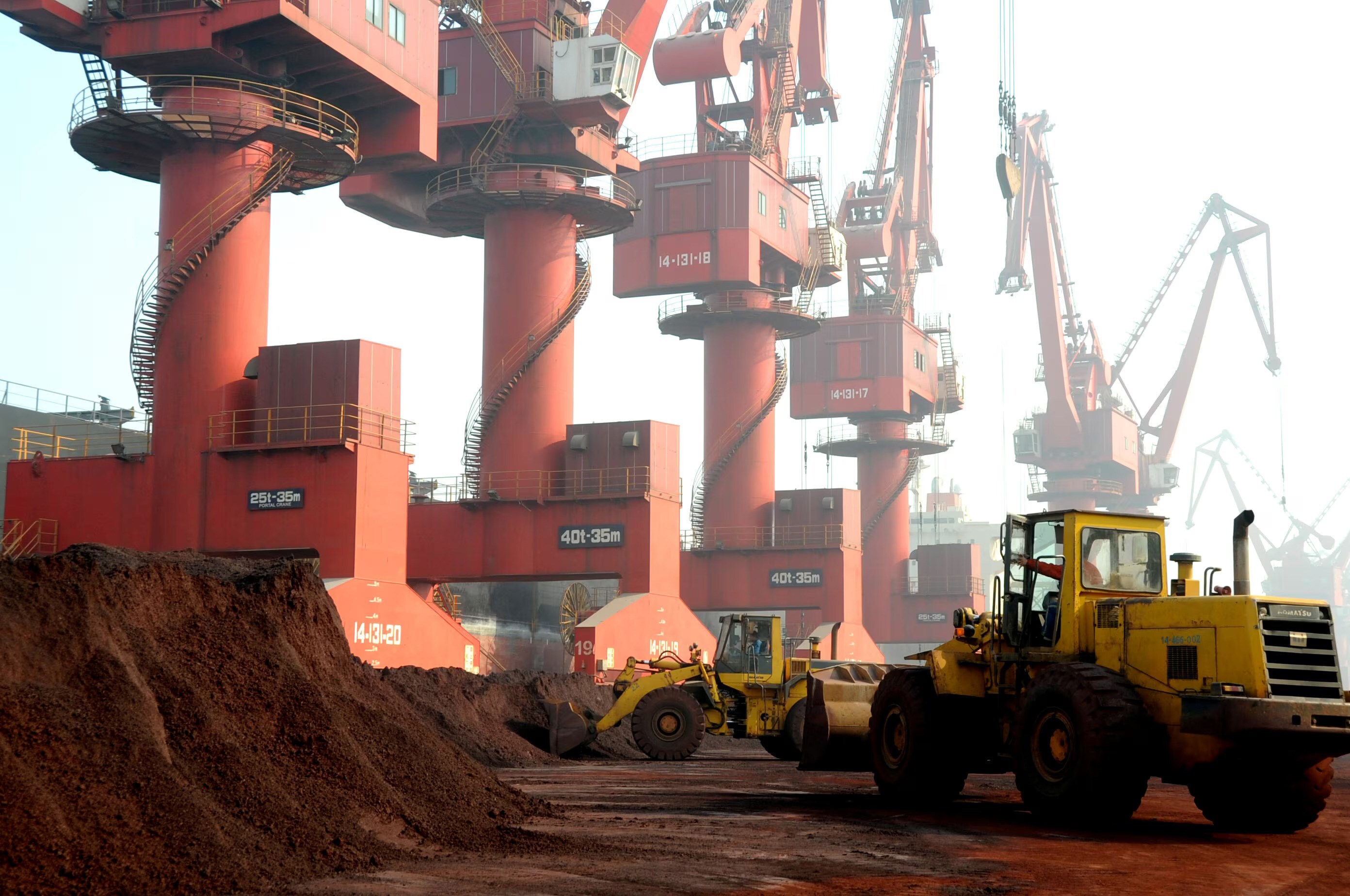您想继续阅读英文文章还
是切换到中文?
是切换到中文?

THINK ALUMINIUM THINK AL CIRCLE

In an effort to strengthen Beijing’s control over global supply chains, the Chinese Ministry of Commerce has announced a new expansion of its export control regime for rare earth elements. The new expansion also includes several new materials and processing equipment alongside the rare earth elements.

The ministry has confirmed that erbium, holmium, thulium, and ytterbium - elements essential for high-performance magnets, lasers, and optical devices - will now come under the updated export control regulations.
Rationale behind the new supply chain regulations
Beijing’s move signals a tighter grip on critical materials vital to renewable energy, defence, and semiconductor industries. Analysts see it as part of China’s broader bid to strengthen its influence over global high-tech supply chains amid rising geopolitical tensions.
With control over roughly 60–70 per cent of global rare earth production and most refining capacity, China’s expanded export list reinforces its authority over the distribution and use of these materials. The decision could prompt Western manufacturers to accelerate efforts to diversify supply and lessen reliance on Chinese sources.
Equipment also falls under new restrictions
The Ministry of Commerce also stated that several categories of rare earth processing equipment are now included in the export control register. This is practically measuring and tightening the technical machinery usage and, in a way, protecting China’s intent to protect domestic expertise and capabilities from being used by any foreign countries.
Global implications and industry reaction
The new regulation has sparked concerns among global manufacturers and policymakers, as it could primarily drive up supply chain costs. However, Beijing has stated that they are trying to limit its resource exports to serve national security and strategic industrial interests. The expanded controls are nothing but a reinforcement of its position to safeguard its control over the rare earth industry.
Responses








